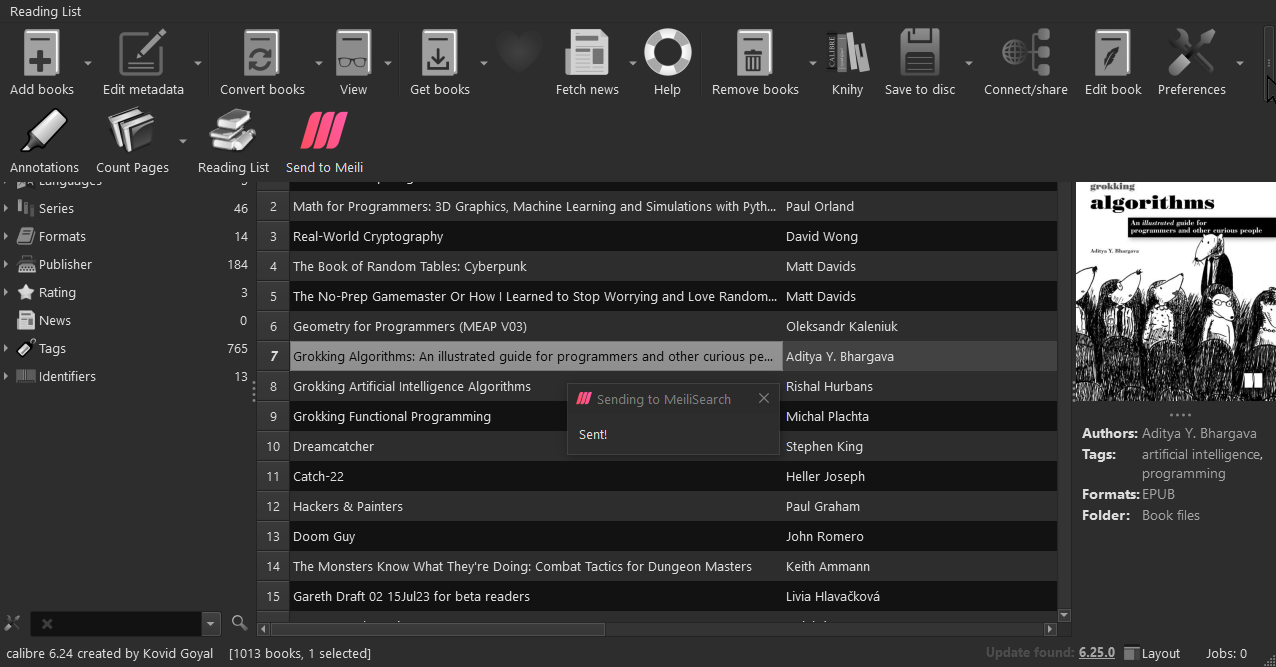PyCon SK 2019
Last time I've written about PyCon was in in 2016, when it came to Slovakia for the first time. I have attended every year since, and if I was impressed then, I have to say each subsequent year was better than the one before it.
It always covers a bevy of topics, from Python to machine learning, various projects people are working on, best practices in architecture, social and societal impacts of technology (people from slovensko.digital always make an appearance) and more. I especially appreciate the tracks about teaching and education, since that topic interests me a lot and, not being directly involved in any related activities, I rarely get to see what the current trends and approaches are. (Aside: The talks should eventually appear on YouTube.)
I don't really go to many conferences, but from what I've seen so far, PyCon SK is the most pleasant and well-organized one by a huge margin. Their team works miracles and everything mostly runs without any major hiccups. All the talks are moderated. There's a webpage where you can propose questions and vote on them, with the most popular ones getting read by the moderator, saving everyone's time (and preventing some garrulous audience member from hijacking the discussion and dragging it where no-one else wants it to go, as we've all seen happen time after time.) And when the talk ends, the questions disappear and you can vote on how you liked the talk.
Even better is the community they continually build and bring together. There are speakers from all over the world, so you get to learn from the best - people running their own small software businesses, others working on open-source libraries, yet more who work with Google or other software giants on software you've definitely heard about. To put it bluntly: people smarter than me, who have worked on problems more impactful than what I deal with. Yet every single one I've met was friendly, open and up for a chat about all of the things, technical or otherwise, that fascinate us so. No unnecessary formality, no better-than-thou sneering. (Not even if you deliberately talk up the Windows OS, though that does yield some indulgent smiles. 😁)
The last thing I'd like to mention are the lightning talks, i.e. short talks (5 minutes at most) that anyone can register for during the day and then deliver in the evening. Yes, they are a mixed bag - but if they're good, then yay, you've learned about something interesting very quickly! And if they're not that good - at least they'll be over soon. 😁 My fave from this year was the one about keyboards - the video is not up yet, but a version from the last year can be found here.
PyCon shines even more when you compare it to its competitors. As an example, I've been to a conference last year where the ticket was about 4x as expensive (maybe because it was because of the ridiculous, over-the-top marketing campaign?) Yet there were no live-streams, the talks were mostly unmoderated, questions had to be shouted from the audience (and yes, discussions got sidetracked). The sense of community virtually non-existent: I did try, but there didn't really seem to be people wanting to talk. Yes, the catering was better and there were more cakes - but that's not really an important factor for me. Nothing else could compare even with PyCon's first year in 2016, really.
So, to sum up: as you've probably noticed from my excited babbling, I like PyCon (SK) a lot. Maybe you should come next year as well.
ps: in case you're someone who came here because it says PyCon on the top and are one of the people who haven't really paid much attention to the entire Microsoft thing in the last few years, there's at least two things worth knowing about: Windows now has a Subsystem for Linux, which lets you run linux binaries directly (i.e. there's no emulation involved). And .NET Core is an open-source, cross-platform rewrite of the entire framework. Most of my side-projects are now written in C# and run on an Ubuntu Server.

Comments ()